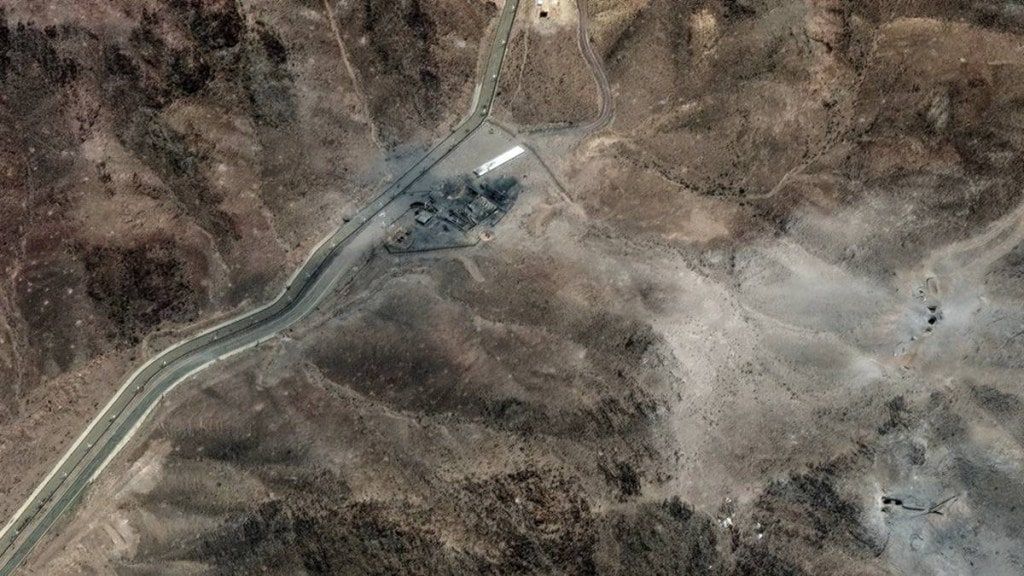Israel-Iran War: The head of the UN’s nuclear watchdog, Rafael Grossi, has said that the United States’ recent airstrikes on Iranian nuclear facilities did not totally eliminate Tehran’s nuclear capabilities, contradicting claims by President Donald Trump that the strikes had “obliterated” Iran’s program. In an interview with CBS’s Face the Nation, Grossi warned that Iran retains the capacity to resume uranium enrichment within months, despite significant damage inflicted by US air raids during the 12-day conflict in June.
What did the IAEA chief say?
Grossi emphasised that while three major facilities at Isfahan and Fordo were damaged, the strikes did not wipe out Iran’s technological and industrial base. “They can have, in a matter of months, a few cascades of centrifuges spinning and producing enriched uranium,” he said. “One cannot claim that everything has disappeared.” The IAEA chief noted that much of Iran’s nuclear infrastructure could still be revived if Tehran decides to do so.
CIA and Pentagon disagree on extent of Iran nuclear setback
While the CIA maintains that the destruction of Iran’s lone metal conversion facility was a major setback that will delay bomb-making capabilities for years, Grossi’s assessment aligns more closely with the Pentagon’s initial evaluation: that the strikes likely only set Iran’s program back by months, not decades.
CIA Director John Ratcliffe reportedly told lawmakers in a classified briefing that the bulk of Iran’s enriched uranium remains buried under rubble, but even if intact, Tehran’s loss of the conversion facility is a blow to its ambitions.
Trump insists on “total obliteration”
President Trump, however, doubled down on his claims in a Fox News interview, saying the strikes “meant the end to their nuclear ambitions, at least for a period of time.” His administration continues to argue that the scale of damage makes any near-term nuclear recovery impossible.
IAEA seeks access amid Iran’s growing defiance
Grossi also revealed concerns about lack of transparency from Tehran, noting unexplained traces of uranium found at undeclared sites. Since the strikes, Iran’s parliament has voted to halt cooperation with the IAEA, and officials are considering withdrawing from the Nuclear Non-Proliferation Treaty (NPT).
While Washington insists Iran’s nuclear future has been curtailed, the IAEA’s assessment underscores the lingering threat.

